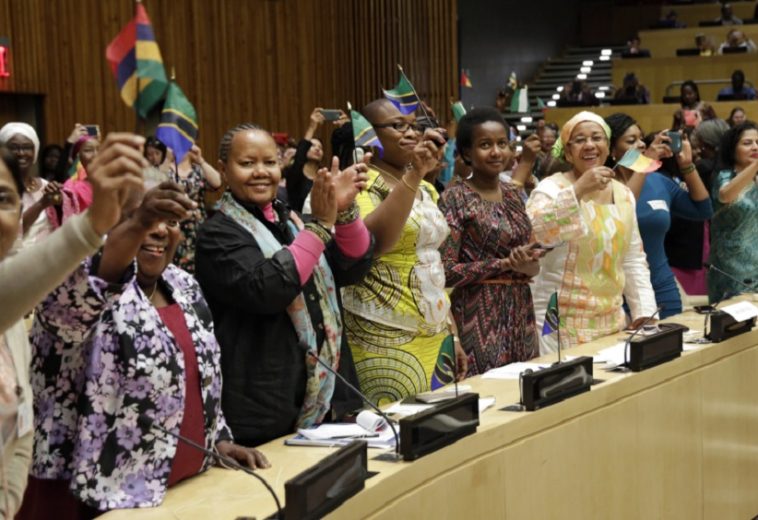Ghana has inaugurated its first commercial gold refinery in Accra as part of a strategic effort to add value to its gold resources and increase earnings from the precious metal, which has been mined in the country for centuries. The Royal Ghana Gold Refinery, with the capacity to process 400 kilogrammes of gold per day, will initially source gold from small-scale and artisanal miners before obtaining licences to process gold from larger-scale mining operations.
According to Statista, in 2020, gold contributed approximately 7.8 billion Ghanaian cedis (GHS)—equivalent to around 1.3 billion US dollars—to the country’s Gross Domestic Product (GDP). This was the lowest value added by gold among the years analysed. Ghana’s GDP for 2022 was $73.77 billion, reflecting a decline from the previous year. However, GDP growth is projected to rise to 3.4% in 2024 and 4.3% in 2025, indicating a positive outlook for the country’s economy.
As of 2024, the Bank of Ghana announced that over $5 billion worth of gold reserves had been accumulated since the inception of the government’s Domestic Gold Purchase Programme in 2021. By December 2023, the total gold reserve had reached 65.4 tonnes. The Central Bank further purchased an additional 23 metric tonnes of gold between January and June 2024, valued at approximately $1.6 billion, bringing the country’s total gold reserves to 73 metric tonnes.
Martin Ayisi, Chief Executive Officer of Ghana’s Mineral Commission, reported that gold exports accounted for 54% of the country’s total exports as of June 2024, amounting to approximately $5 billion out of a total export value of $9.2 billion.
Future Prospects and Impact
Ghana, the world’s second-largest cocoa producer, is on track to surpass its 2024 gold output target, with production expected to reach between 4.3 million and 4.5 million ounces. The country’s gold production is anticipated to increase significantly.
The Royal Ghana Gold Refinery, with its capacity to process 400 kilogrammes of gold per day, will initially process gold dore sourced from small-scale and artisanal miners. The refinery is expected to add value to gold exports from Ghana, creating between 80 and 120 direct jobs and an additional 500 indirect employment opportunities. This development is also projected to boost domestic tax revenues through corporate taxes and enable Ghana to refine gold to 24 carats, achieving 99.99% purity, the same quality standard as a good delivery bar (LBMA standard).
Dr Mahamudu Bawumia, Ghana’s Vice President, highlighted that the Royal Ghana Gold Refinery, equipped with cutting-edge technology, will enable the processing of gold into high-purity bars ready for international markets. This development is expected to enhance Ghana’s standing in the global gold market while creating numerous job opportunities within the country.
Ghana’s first gold refinery represents a significant milestone in the country’s mining sector. By refining gold locally, Ghana stands to increase its economic influence and take a leading role in the global gold market. The success of the refinery will be pivotal for Ghana’s economic transformation and long-term prosperity.




